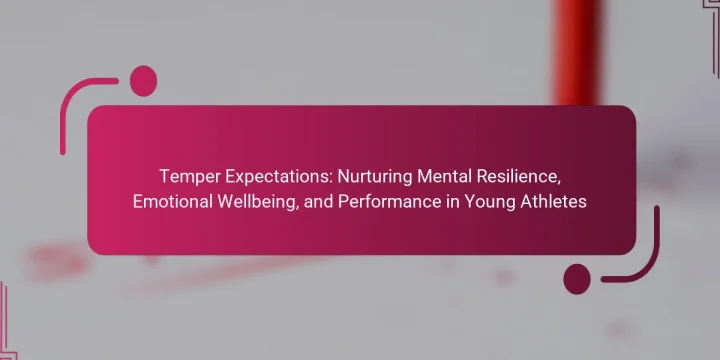
Team support plays a crucial role in enhancing youth mental health in sports by fostering belonging and reducing isolation. Strong team dynamics promote emotional resilience and improve self-esteem. Coaches can create open communication environments and implement mental health education programmes. Actionable steps, such as team-building activities and access to resources, further contribute to healthier mental states for young athletes. How does team support influence youth mental health in sports? Team support significantly enhances youth mental health in sports by fostering a sense of belonging and reducing feelings of isolation. Strong team dynamics promote emotional resilience, which is crucial during challenging times. Research indicates that youth involved in supportive sports environments experience lower levels of anxiety and depression. Moreover, positive interactions with coaches and peers can lead to improved self-esteem and…







